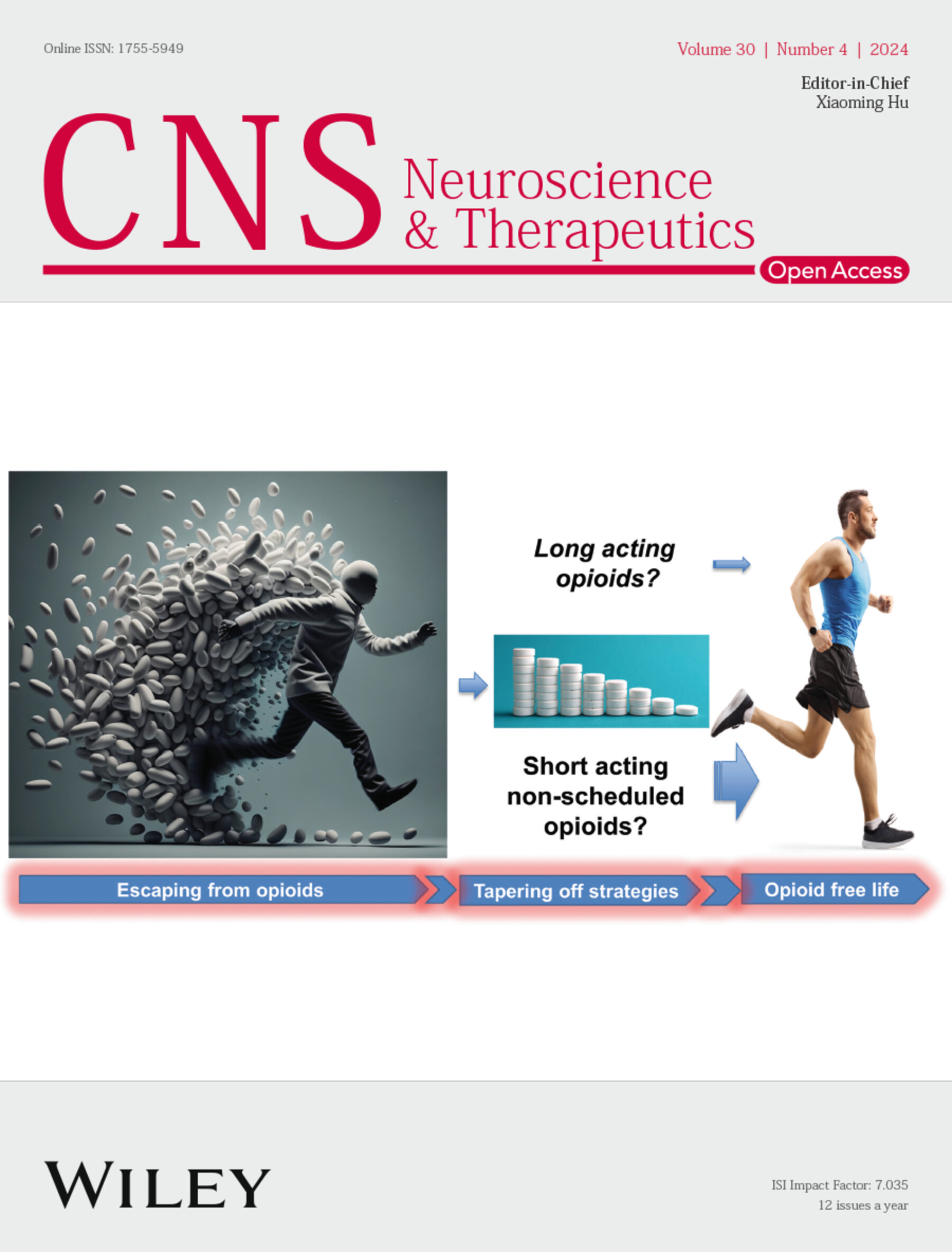T Cell Involvement in Neuroinflammation After Traumatic Brain Injury: Implications for Therapeutic Intervention
Abstract
Background
Traumatic brain injury (TBI) is a leading cause of death and disability across all age groups worldwide. After primary mechanical head injury, a cascade of molecular changes and immunological responses occur that are necessary for supporting tissue repair but also exacerbate the secondary loss of tissue caused by excessive neuroinflammation. To date, there are no targeted treatments that ameliorate the pathological neuroinflammation that is responsible for propagating secondary injury after TBI. Recent works have highlighted the adaptive immune system's response to TBI, with mounting evidence suggesting that T cells play a critical yet understudied role in propagating secondary injury while also potentially supporting reparative processes.
Objectives
We critically review the current literature to discuss the diverse functionality of T cells in TBI including the temporospatial characteristics of their response, mechanisms of their activation, and their contributions to the overall neuroinflammatory profile. Consideration is given for additional pathological factors that may further alter these properties. We additionally summarize previous reports of therapeutic T cell modulation in this setting and identify approaches warranting additional investigation. Finally, we discuss major gaps in the existing literature and recommend future research perspectives.
Conclusion
Evidence suggests several aspects of the T cell response to TBI may serve as beneficial therapeutic targets for limiting secondary injury. Additional translational investigations are warranted and may support the development of effective therapeutic strategies for treating patients post-head trauma.


 求助内容:
求助内容: 应助结果提醒方式:
应助结果提醒方式:


